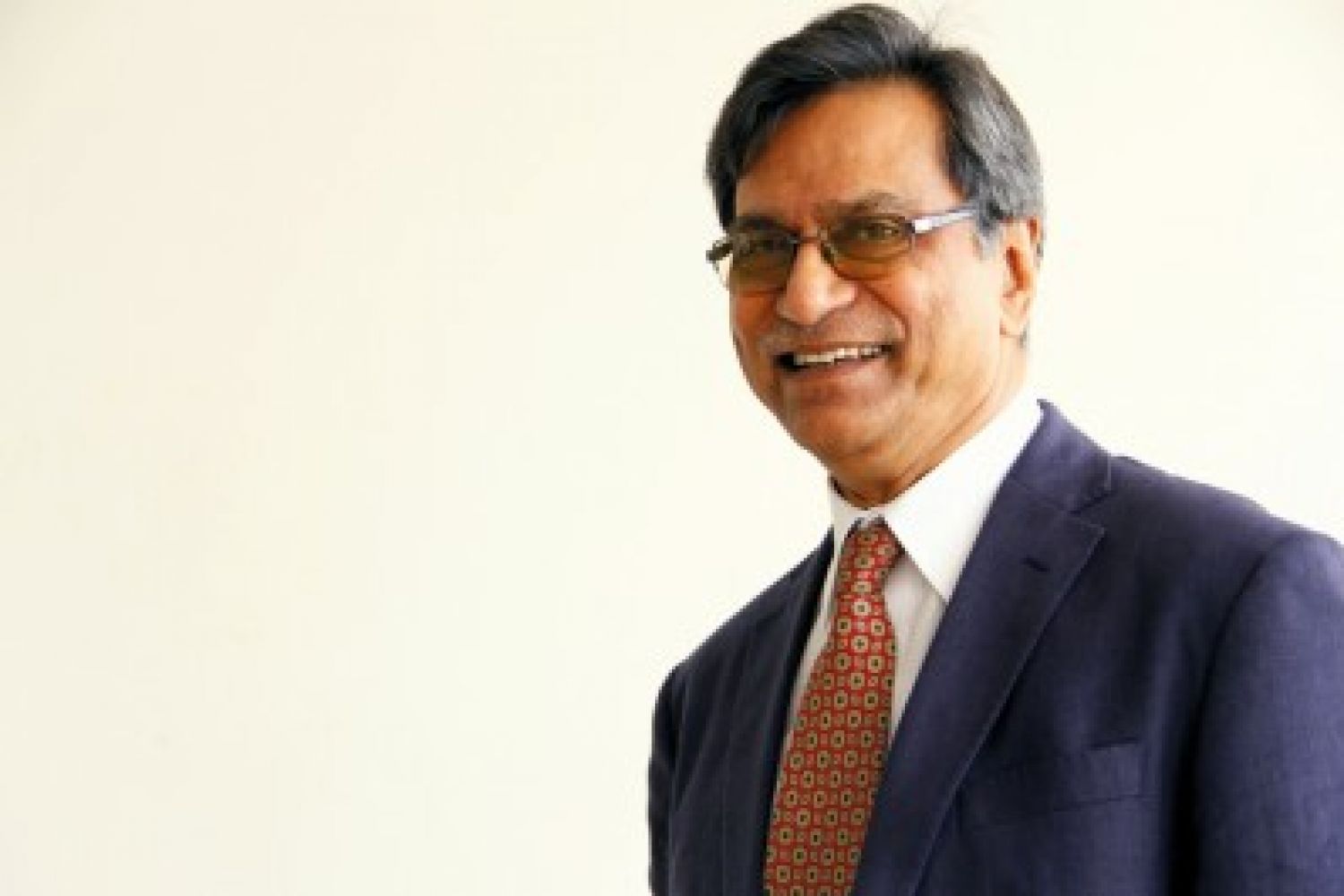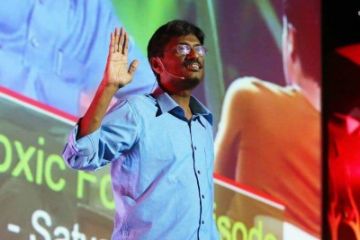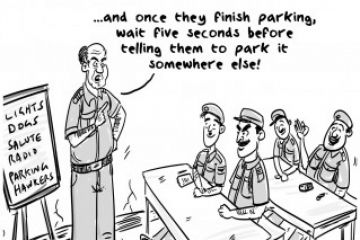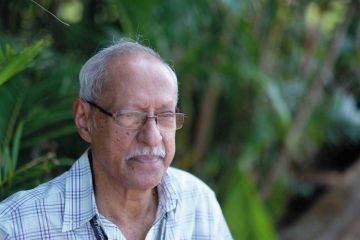
Bangladesh celebrated
its 44th Victory Day on December 16 last year. On that day in 1971, the
Pakistan Army surrendered before the India-Bangladesh forces in Dhaka, leading
to the liberation of erstwhile East Pakistan and the birth of Bangladesh. The
rare public surrender at the Race Course grounds marked the end of the 13-day
India-Pakistan War and the nine-month long Bangladesh Liberation War.Bangladesh’s mukti-judhho (liberation
war) began soon after the Pakistan Army launche
Continue reading “‘Poetry offers an aesthetic experience’”
Read this story with a subscription.





